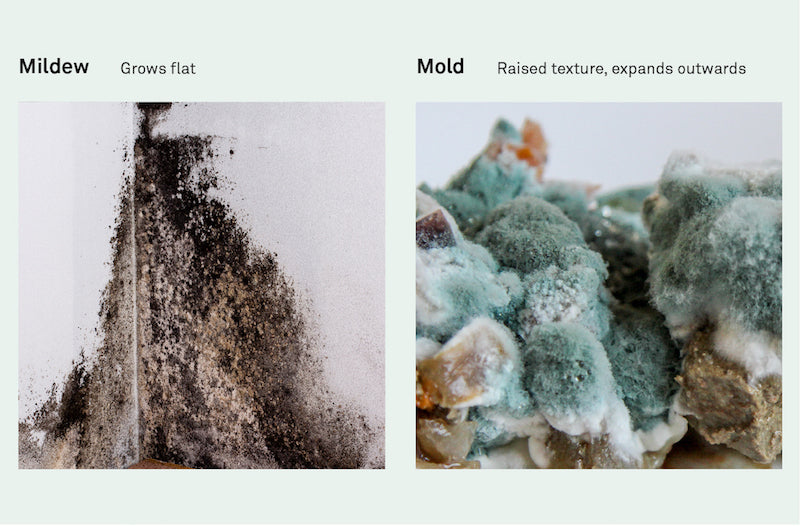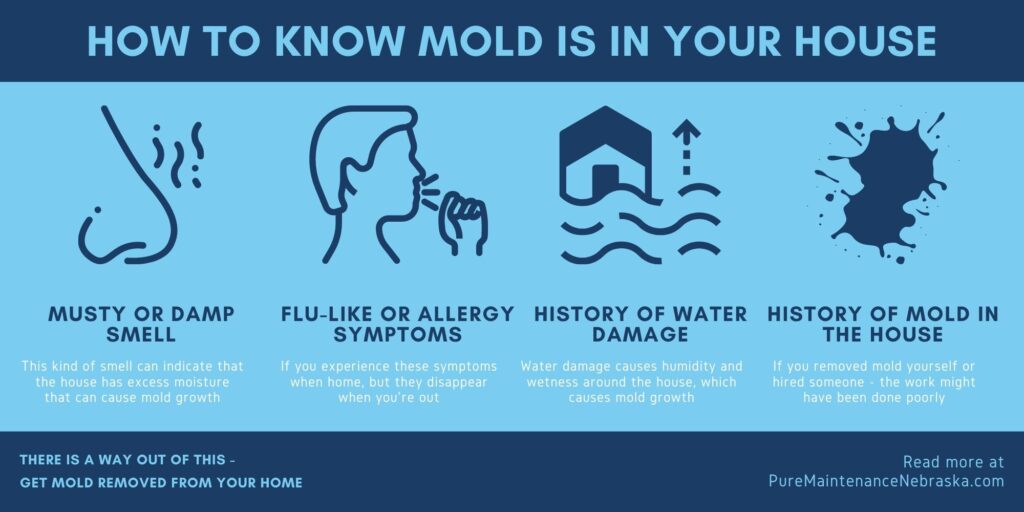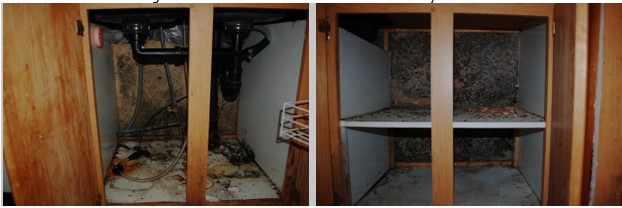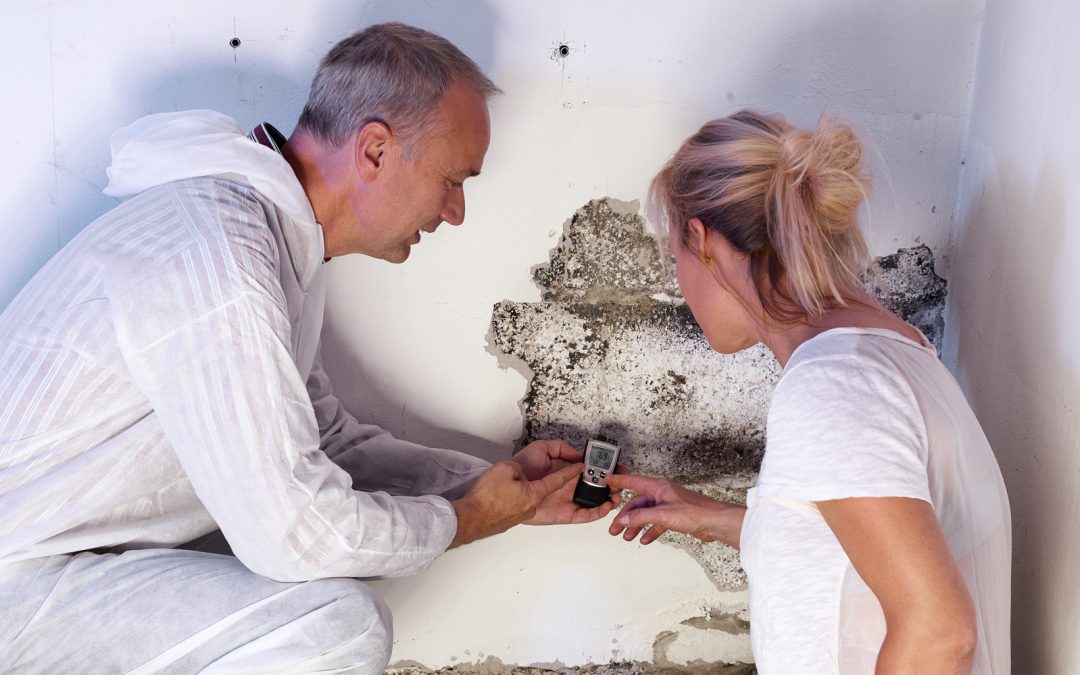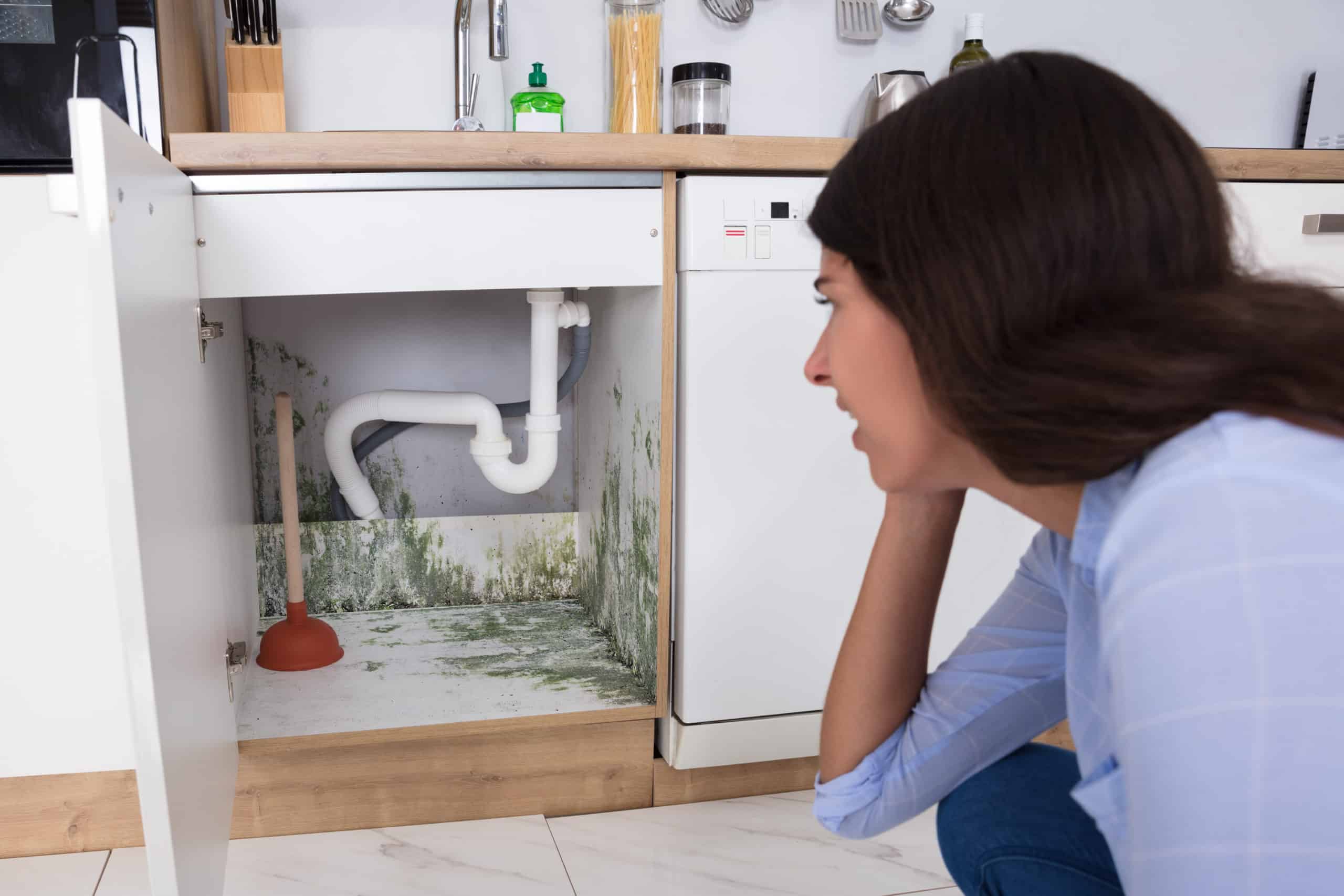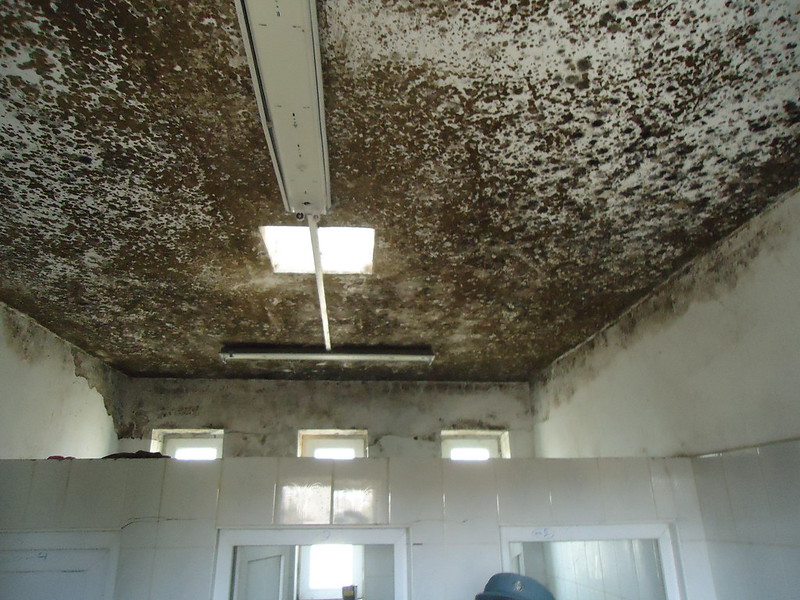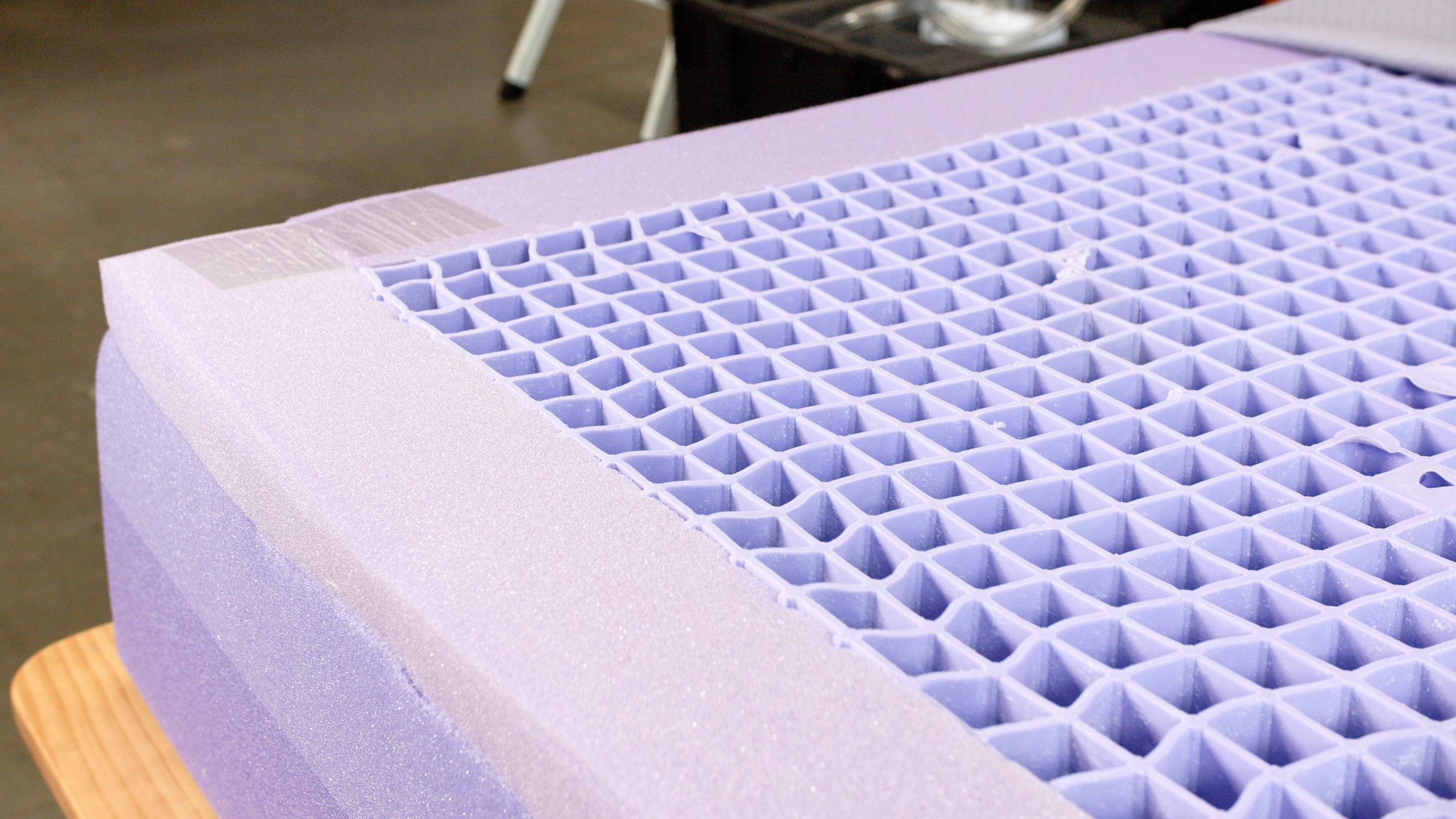If you've noticed a musty, unpleasant odor coming from your kitchen sink, chances are there is mold growth in your pipes. This is a common problem that can be caused by a variety of factors, such as food buildup, moisture, and lack of ventilation. Not only is the smell unpleasant, but it can also be a health hazard. Here are some tips on how to get rid of mold smell in your kitchen sink.How to Get Rid of Mold Smell in Kitchen Sink
The first step in eliminating mold smell from your kitchen sink is to clean the drain thoroughly. Start by removing any visible debris or buildup from the drain. Then, pour a mixture of hot water and dish soap down the drain to break down any grease or food particles. You can also use a drain cleaner specifically designed for mold and mildew removal. Let the solution sit for a few minutes before flushing it out with hot water.How to Clean a Smelly Kitchen Sink Drain
The most common cause of mold smell in kitchen sinks is the buildup of food and organic materials in the drain. This can create a breeding ground for mold and bacteria. Another cause could be a leak in your pipes, which creates a moist environment where mold can thrive. Lack of proper ventilation can also contribute to mold growth in your kitchen sink.Causes of Mold Smell in Kitchen Sink
The best way to deal with mold smell in your kitchen sink is to prevent it from happening in the first place. Regularly cleaning your sink and drain, and keeping it dry after use can help prevent mold growth. You can also use a natural drain cleaner, such as a mixture of baking soda and vinegar, to keep your drain free of buildup and bad odors.How to Prevent Mold Smell in Kitchen Sink
If you prefer to use natural and DIY solutions, there are several options for getting rid of mold smell in your kitchen sink. You can try pouring a cup of baking soda down the drain, followed by a cup of vinegar. Let the mixture sit for about 15 minutes before flushing it out with hot water. You can also use a mixture of lemon juice and salt to scrub the drain and remove any odor-causing buildup.DIY Solutions for Mold Smell in Kitchen Sink
If the mold smell in your kitchen sink persists after trying DIY solutions, it may be time to call in the professionals. A plumber or mold remediation specialist can inspect your pipes and drains and identify the source of the smell. They can also use specialized equipment and techniques to remove mold and eliminate the odor.Professional Remedies for Mold Smell in Kitchen Sink
In addition to the unpleasant smell, there are other signs that may indicate the presence of mold in your kitchen sink. These include black or green stains on the sink or drain, a slimy or fuzzy texture, and an increase in allergy or respiratory symptoms when using the sink. If you notice any of these signs, it's important to address the issue as soon as possible to prevent further mold growth.Signs of Mold Growth in Kitchen Sink
Mold growth in your kitchen sink can pose serious health risks, especially for those with allergies, asthma, or weakened immune systems. Mold spores can cause respiratory issues, headaches, and other symptoms when inhaled or ingested. It's important to address the issue promptly to protect your health and the health of your family.Health Risks of Mold Smell in Kitchen Sink
If you suspect that there is mold in your kitchen sink, it's crucial to identify and remove it as soon as possible. You can use a flashlight to inspect the drain and pipes for any signs of mold growth. If you see any, it's best to call a professional to remove it safely and effectively. They can also advise you on how to prevent future mold growth in your sink.How to Identify and Remove Mold in Kitchen Sink
When trying to get rid of mold smell in your kitchen sink, there are some common mistakes to avoid. These include using bleach, which can actually make the problem worse by spreading the spores, and using harsh chemicals that can be harmful to your health. It's also important to address the source of the problem, such as a leak or lack of ventilation, to prevent mold from returning.Common Mistakes to Avoid When Dealing with Mold Smell in Kitchen Sink
The Importance of Proper House Design and Maintenance
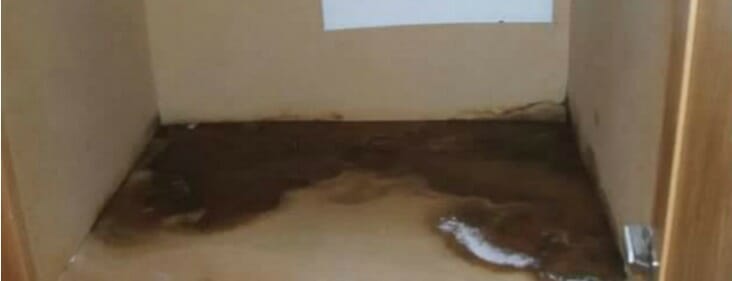
Preventing Mold Smell in Your Kitchen Sink
 When it comes to designing and maintaining a house, there are many factors to consider. One of the most important aspects is ensuring that the house is free from any potential health hazards, such as mold. Mold is a type of fungus that thrives in damp and dark environments, making it a common problem in homes, especially in areas like the kitchen sink.
Mold smell coming from the kitchen sink
can be a sign of mold growth. Not only is this unpleasant, but it can also be harmful to your health. Exposure to mold can cause allergies, respiratory issues, and even lead to more serious illnesses. Therefore, it is crucial to address the issue immediately and prevent it from spreading.
One of the main causes of mold growth in the kitchen sink is
poor ventilation
. Without proper air circulation, moisture can build up, creating an ideal environment for mold to grow. This is especially common in homes with
poorly designed plumbing
, as leaks and clogs can also contribute to mold growth.
To prevent mold smell from coming from your kitchen sink,
proper maintenance and design
are key. Regularly cleaning and drying your sink after use can help prevent mold growth. Investing in a good quality kitchen fan or vent hood can also improve ventilation and reduce moisture. It is also essential to address any plumbing issues promptly to prevent leaks and clogs.
In addition to proper maintenance,
proper house design
is also crucial in preventing mold growth. When designing your kitchen, consider using materials that are resistant to moisture and mold. For example, stainless steel sinks are less prone to mold growth compared to porcelain or ceramic sinks. Adequate lighting and air circulation are also key factors in preventing mold growth, so make sure to incorporate these into your kitchen design.
In conclusion,
mold smell coming from your kitchen sink
is not only unpleasant but can also be a health hazard. By implementing proper maintenance and house design, you can prevent mold growth and create a healthier living environment for you and your family. Remember, prevention is always better than dealing with a mold problem once it has already started. So take the necessary steps to ensure your house is well-designed and properly maintained to avoid any potential mold issues in the future.
When it comes to designing and maintaining a house, there are many factors to consider. One of the most important aspects is ensuring that the house is free from any potential health hazards, such as mold. Mold is a type of fungus that thrives in damp and dark environments, making it a common problem in homes, especially in areas like the kitchen sink.
Mold smell coming from the kitchen sink
can be a sign of mold growth. Not only is this unpleasant, but it can also be harmful to your health. Exposure to mold can cause allergies, respiratory issues, and even lead to more serious illnesses. Therefore, it is crucial to address the issue immediately and prevent it from spreading.
One of the main causes of mold growth in the kitchen sink is
poor ventilation
. Without proper air circulation, moisture can build up, creating an ideal environment for mold to grow. This is especially common in homes with
poorly designed plumbing
, as leaks and clogs can also contribute to mold growth.
To prevent mold smell from coming from your kitchen sink,
proper maintenance and design
are key. Regularly cleaning and drying your sink after use can help prevent mold growth. Investing in a good quality kitchen fan or vent hood can also improve ventilation and reduce moisture. It is also essential to address any plumbing issues promptly to prevent leaks and clogs.
In addition to proper maintenance,
proper house design
is also crucial in preventing mold growth. When designing your kitchen, consider using materials that are resistant to moisture and mold. For example, stainless steel sinks are less prone to mold growth compared to porcelain or ceramic sinks. Adequate lighting and air circulation are also key factors in preventing mold growth, so make sure to incorporate these into your kitchen design.
In conclusion,
mold smell coming from your kitchen sink
is not only unpleasant but can also be a health hazard. By implementing proper maintenance and house design, you can prevent mold growth and create a healthier living environment for you and your family. Remember, prevention is always better than dealing with a mold problem once it has already started. So take the necessary steps to ensure your house is well-designed and properly maintained to avoid any potential mold issues in the future.


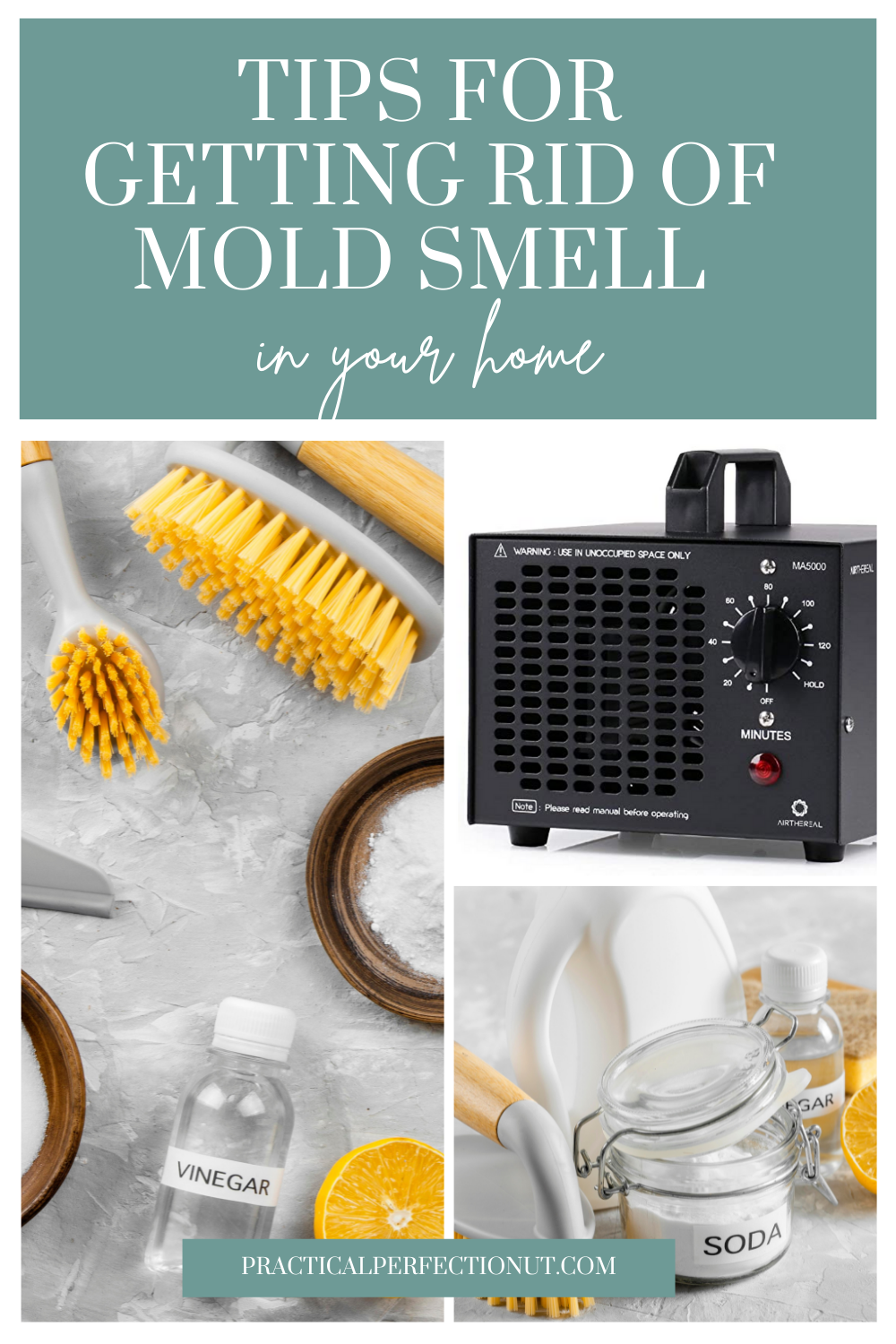








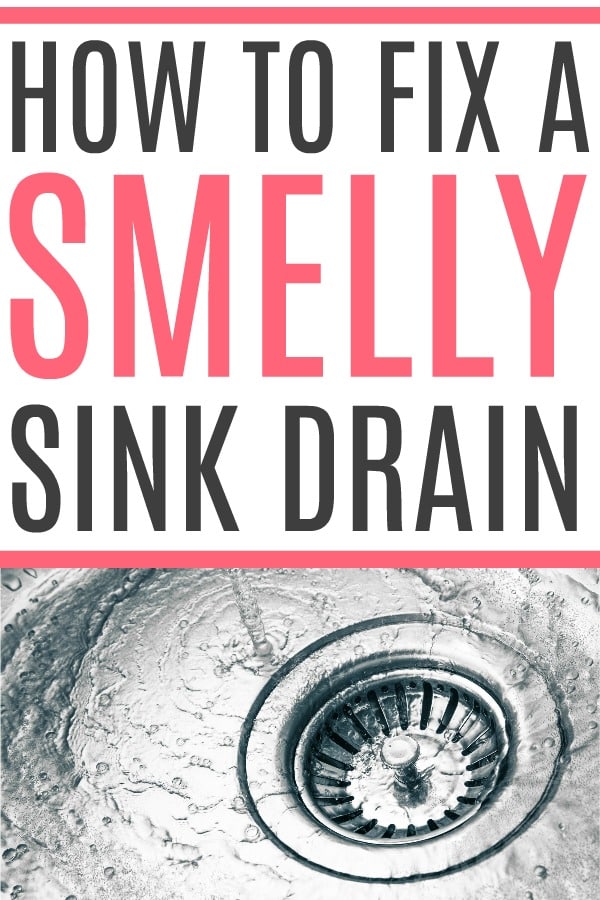




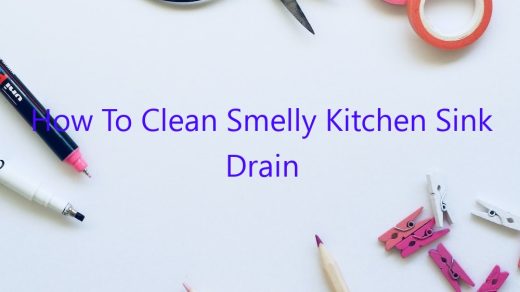

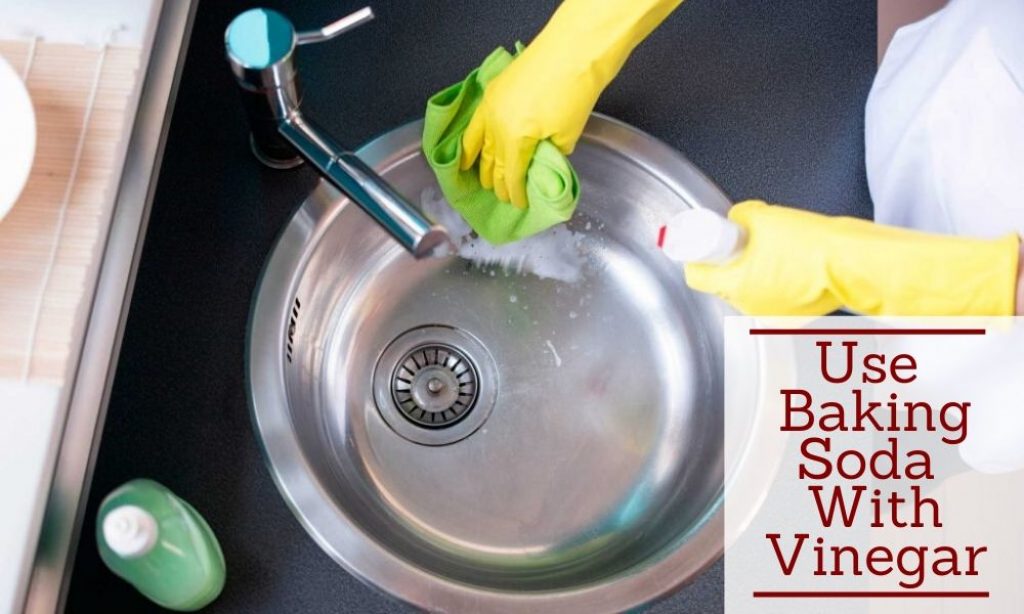




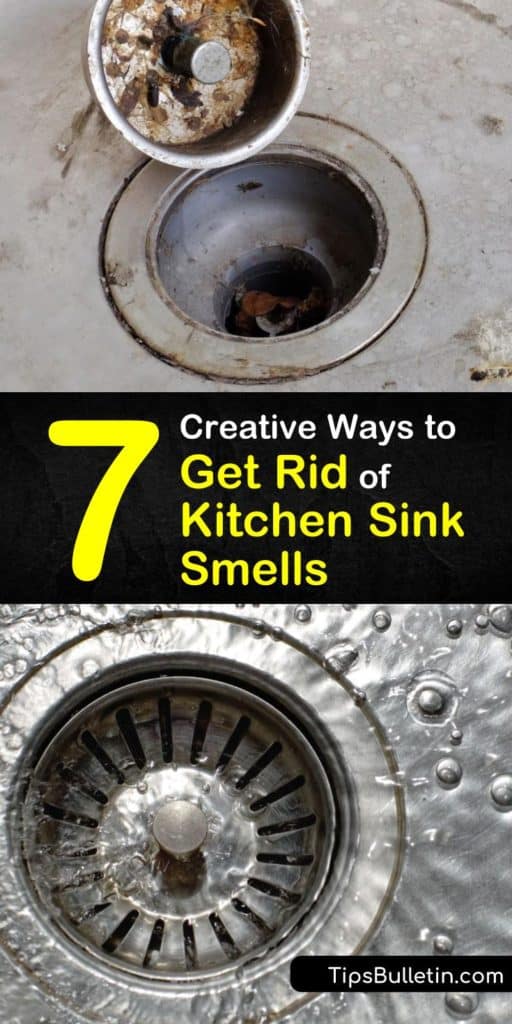

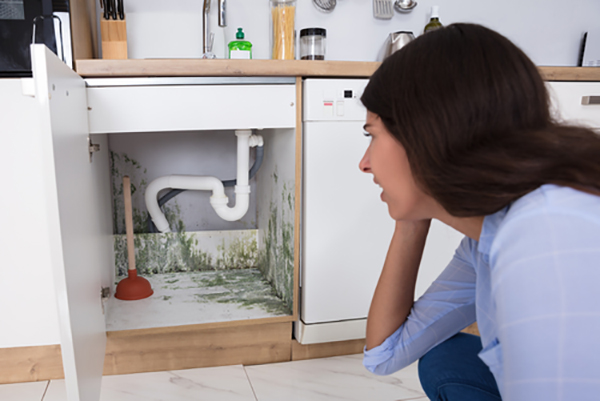
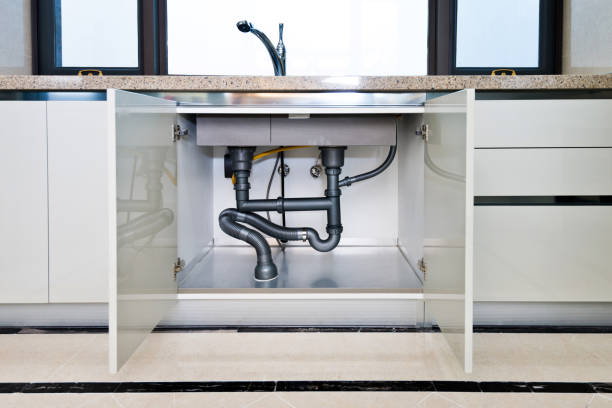


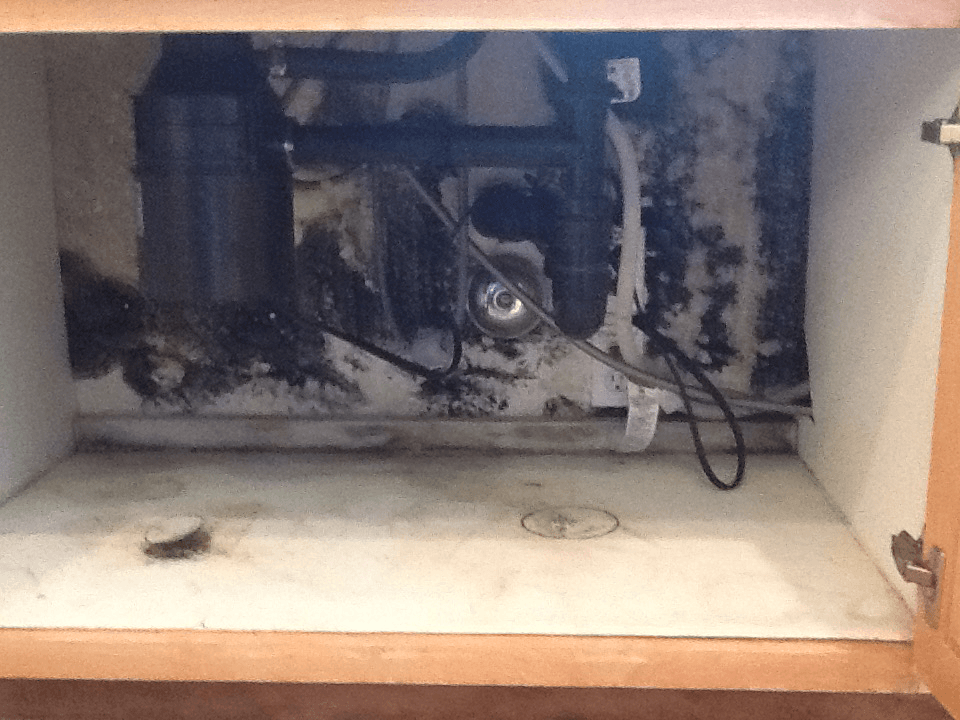






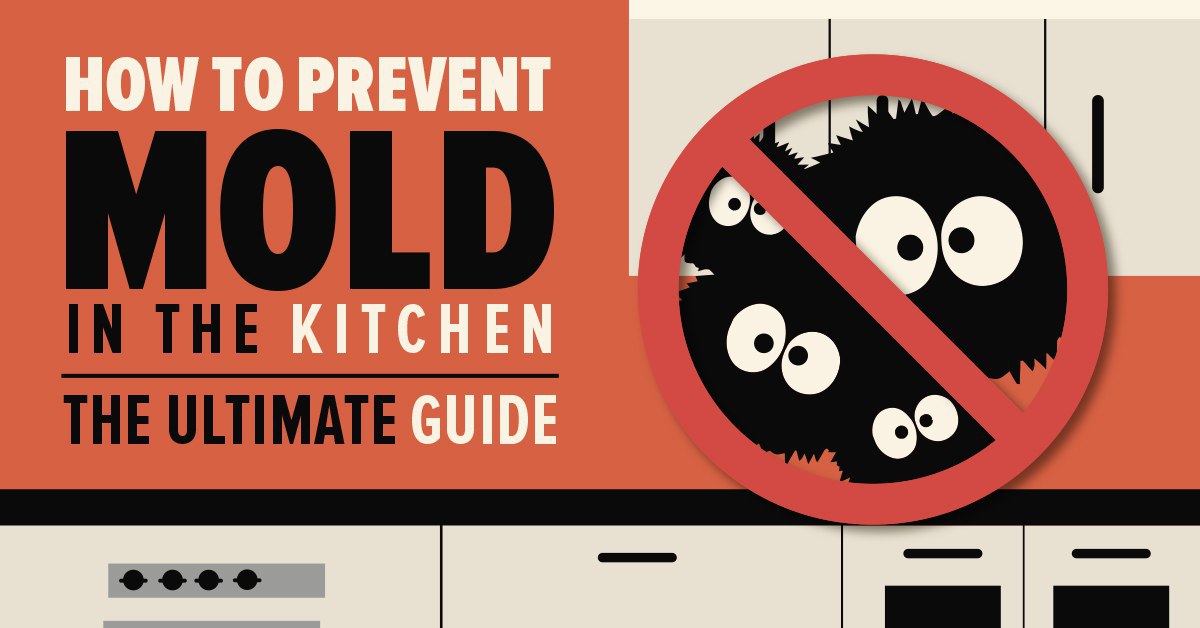

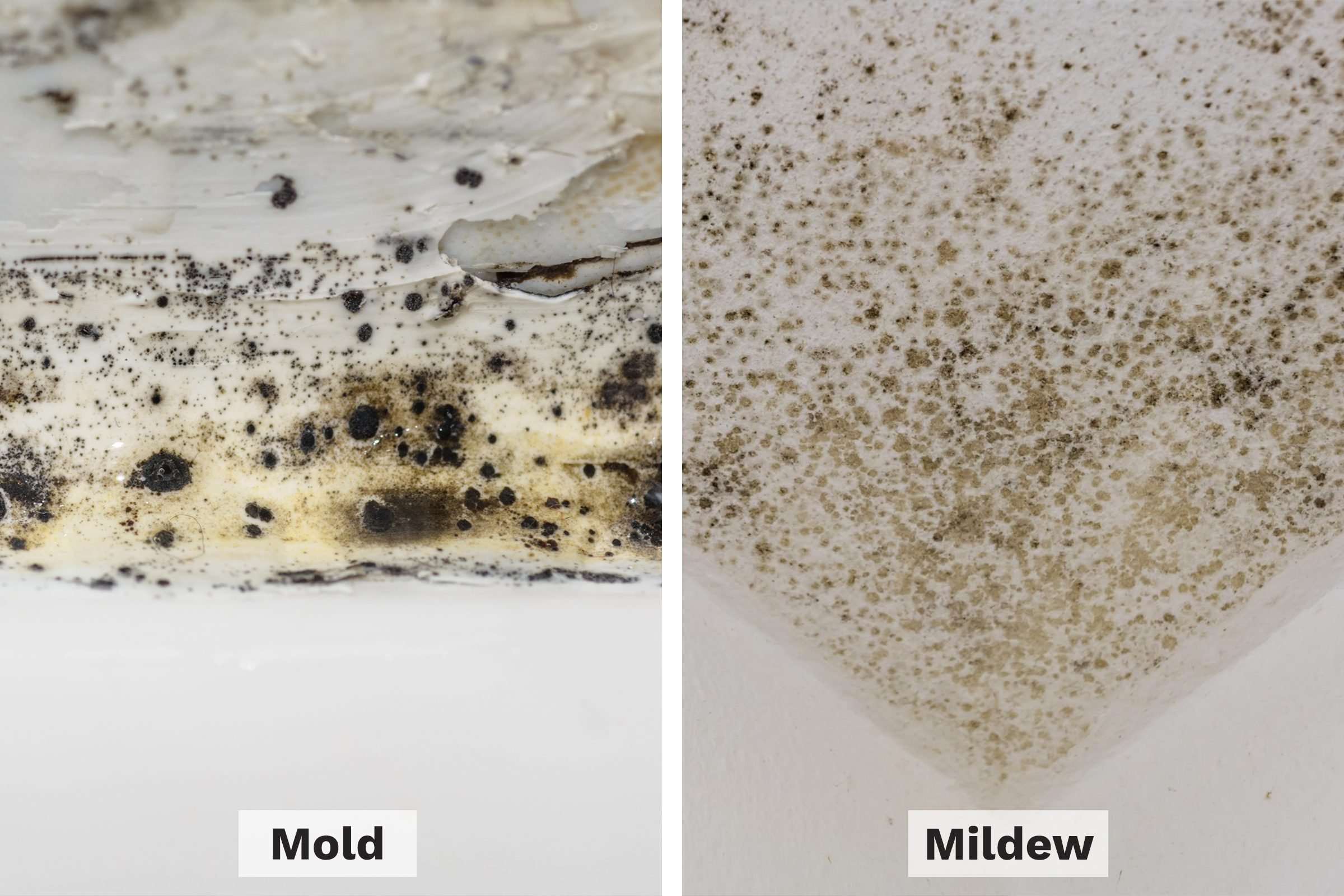


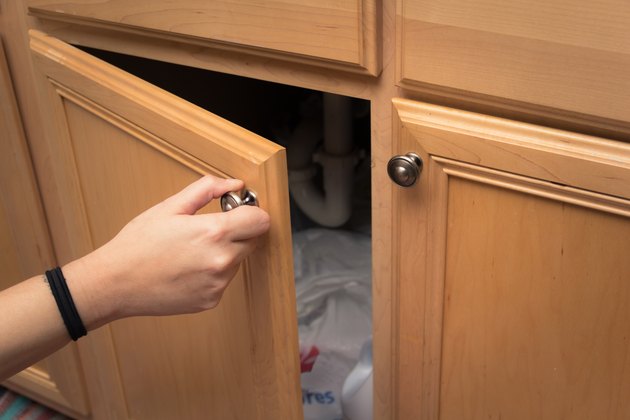
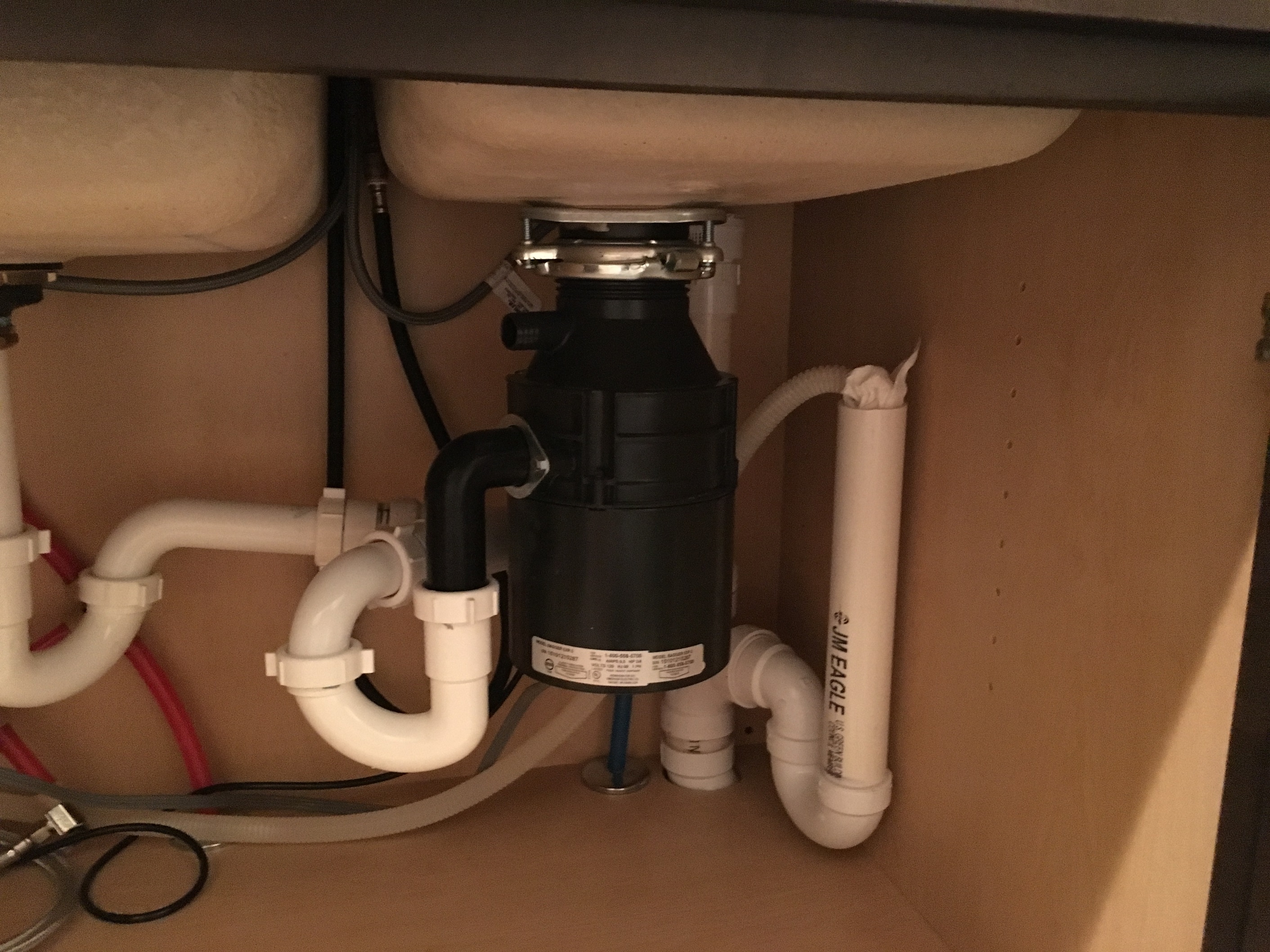

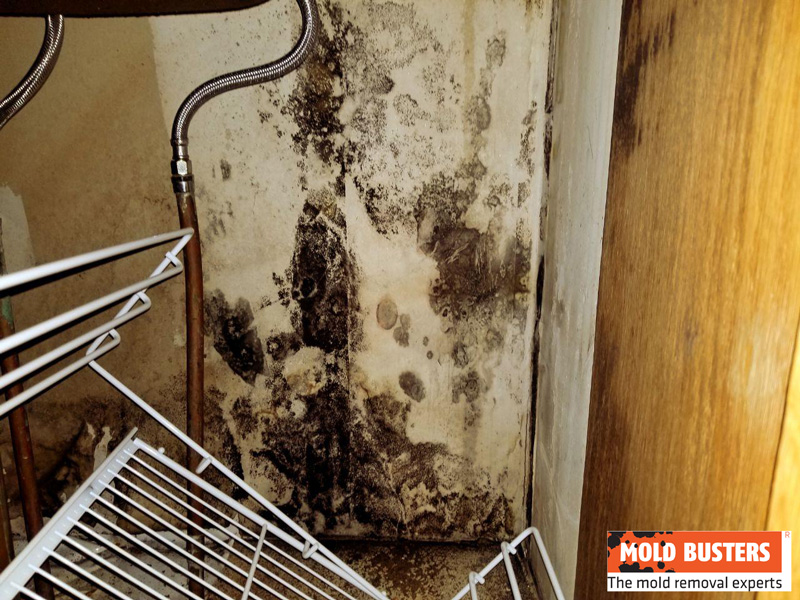




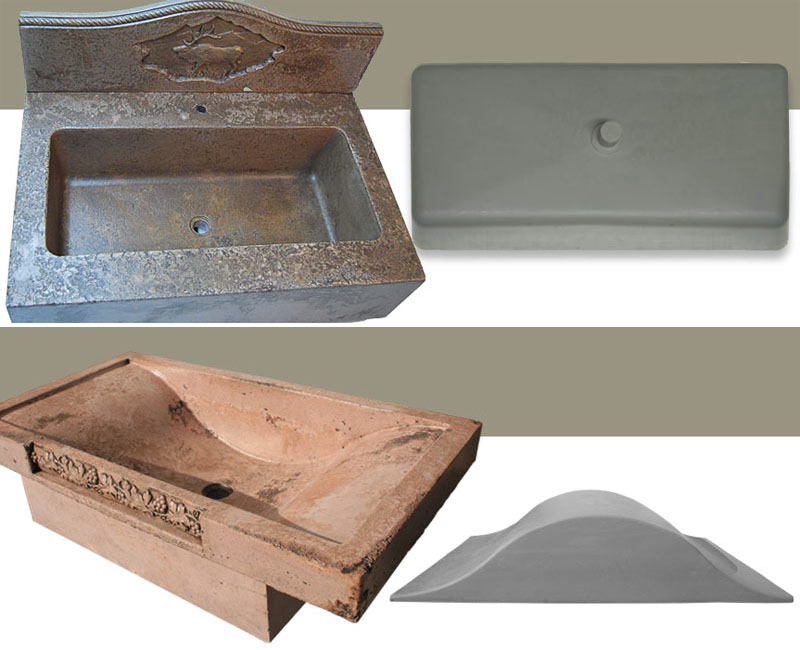


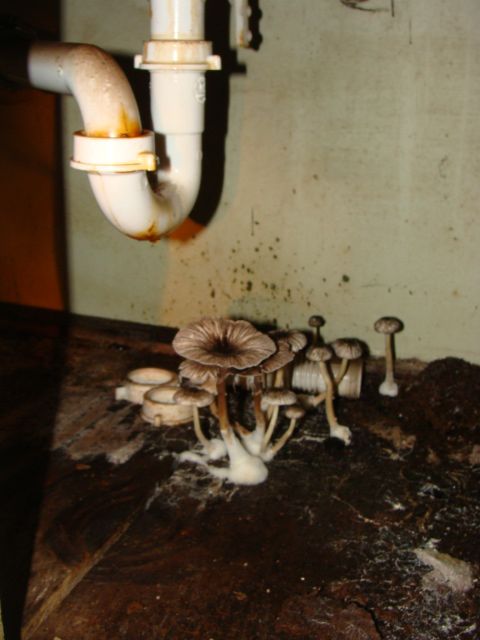
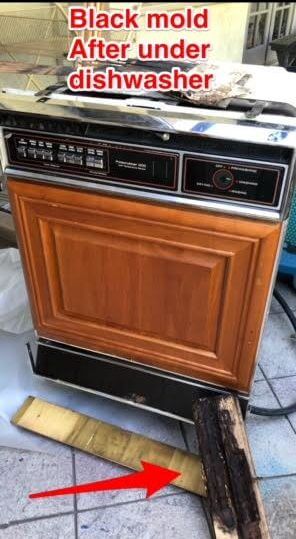
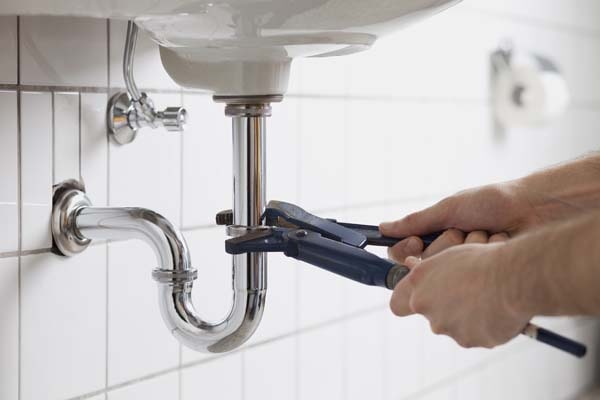


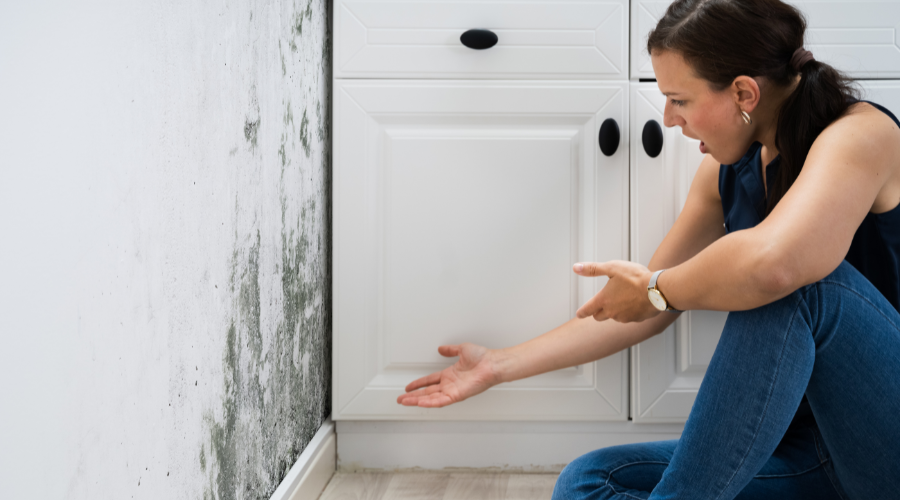



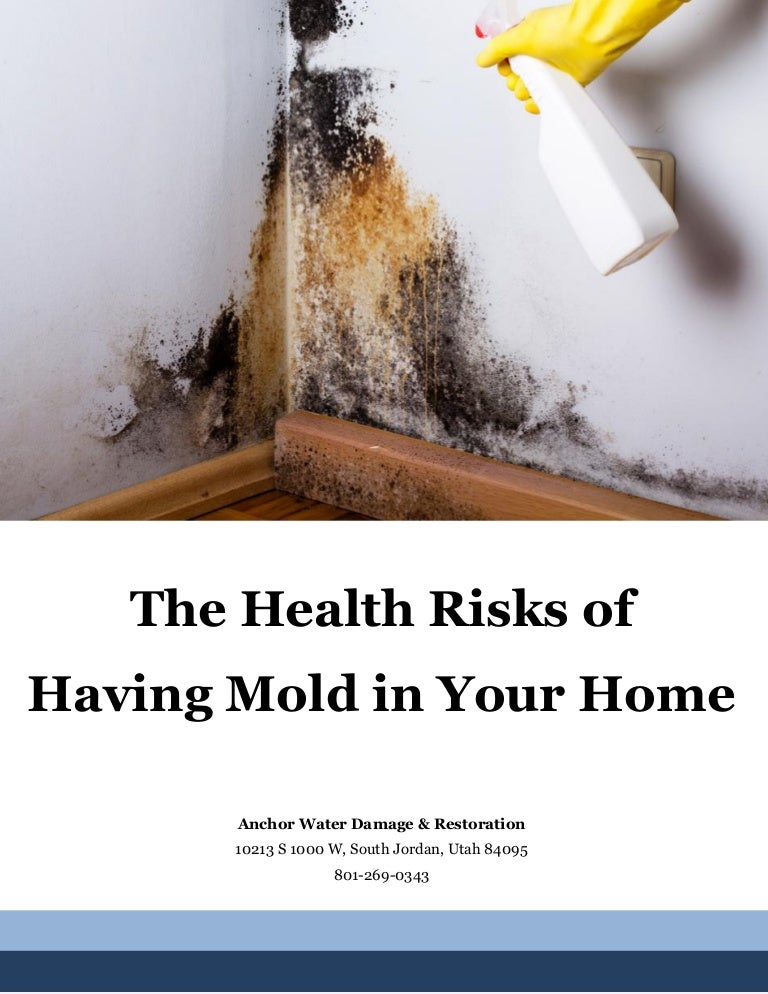
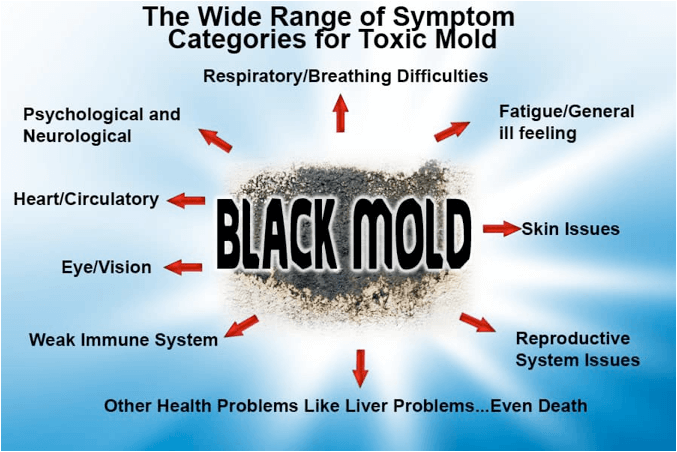


.png)
